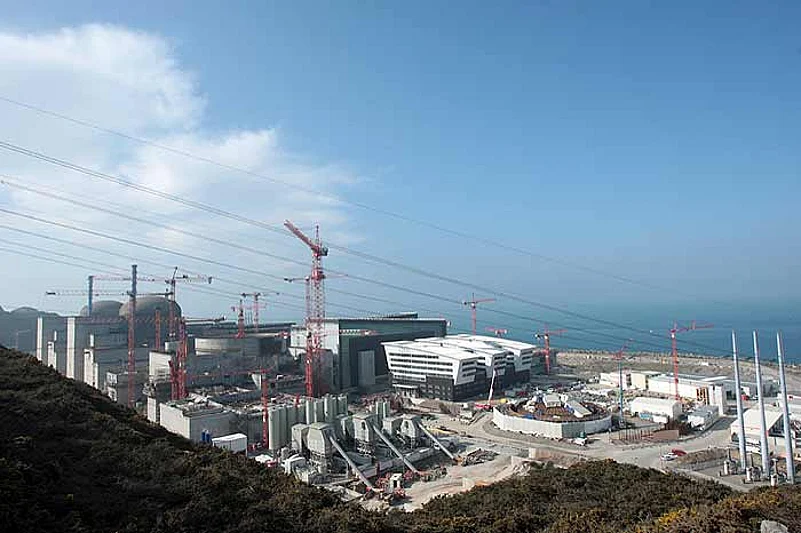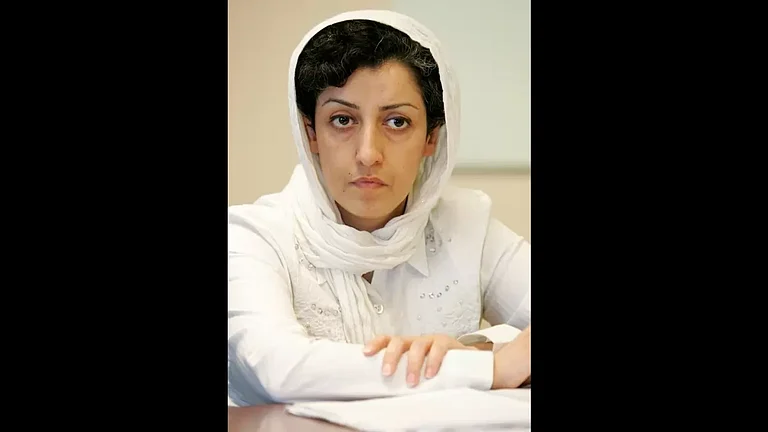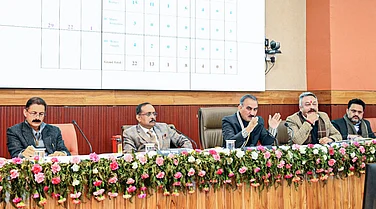Nuclear in Jaitapur?
Opponents say
- N-plants will adversely impact the community and environment of Jaitapur and nearby areas
- The plant is coming up not on barren but fertile land
- Jaitapur is located in a seismically sensitive area
- The probability of tsunami hasn’t been taken into account while clearing the project
- Each state-of-the-art EPR is expected to generate 300 tonnes of waste every year, more radioactive than that produced by pressurised water reactors. There’s no clarity on how to dispose of the waste.
- Since reactors will be cooled by seawater, which will then be pumped back into the Arabian sea, marine life is at risk
Supporters say:
- India, particularly Jaitapur, is in a lower seismic zone than Japan
- EPRs are designed for conditions far worse than the dangers projected for the Jaitapur region
- In case there is a meltdown, EPR design ensures that lava-like fuel-containing material (LFCM) is not exposed to the atmosphere
- Buildings housing the reactors will have “snubbers” to absorb vibrations from a quake
- Power supply to the safety system to be secured by dedicated emergency diesel generators and housed in separate buildings designed to withstand quake and tsunami
- Located 25 metres above mean sea level, the Jaitapur plant is immune to tsunamis
***
As Japan grapples with the nuclear crisis at the plant in Fukushima, apocalyptic images of death and devastation conceived in fear have prompted the people of Jaitapur, in Maharashtra, to protest against the decision of France’s Areva and the Nuclear Power Corporation of India Ltd (NPCIL) to build a nuclear plant there. Their anxieties will perhaps be stoked further on April 26, the 25th anniversary of the Chernobyl nuclear disaster, which killed thousands, devastated some two lakh lives and caused widespread environmental damage. To ascribe these protests only to the machinations of a spoilsport Shiv Sena is to underestimate the fears and genuine doubts experienced by the people of Jaitapur.
For it isn’t Jaitapur alone that’s demanding a rethinking on the nuclear power option. Post Fukushima, many in the Organisation for Economic Cooperation—an exclusive club of 34 rich nations—have called for subjecting existing nuclear plants to special “stress tests”. This acquires special meaning, for the OECD nations account for 80 per cent of the world’s nuclear power. One member, Germany, has even shut down seven reactors temporarily. In the US, the world leader in installed nuclear power, Vermont saw protests demanding the shutting down of a plant of the same design and vintage as Fukushima. And China has for now put on hold its plan of building 77 reactors.
An official of the Autorite de Surete Nucleaire (ASN), or the Nuclear Safety Authority of France, says, “Though the full report on the Fukushima disaster is yet to come, there is no denying that it has had a tremendous impact on the nuclear debate.” It’s this passionate debate that prompted the ASN, an independent body of experts tasked with regulating nuclear safety and radiation protection in France, to publicly declare its intention of subjecting all 58 nuclear reactors in the country to stress tests. An insider from the French nuclear industry estimates that nearly half of the 700-odd new orders to build nuclear reactors worldwide are likely to be cancelled.
Jaitapur’s fears have a palpable echo in France, second to America in nuclear power production and meeting 80 per cent of its electricity demand with this source. Days after Fukushima became a chilling headline, activists of Sortir de Nucleaire, an environment protection group, unfurled banners outside the Eiffel Tower, declaring, “Nuclear is killing the future.” Cecile Duflot of Europe’s Ecologie-Les Verts, another NGO, says, “When there is a major natural disaster, all the so-called safety measures fail in countries with greatest technical know-how.” The co-president of the Green Group in the European Parliament, Daniel Cohn Bendit, who is better known as ‘Danny the Red’ of the 1960s campus movement in France, suggested a radical resolution to the debate: hold a referendum to decide whether or not France should stop producing nuclear power.
For long, France has been caught in the nuclear debate. In 2002, a French government report had described the nuclear industry as a “monster without future”, engendering hopes among activists that a reversal in nuclear policy would follow. Such expectations, however, were belied as oil prices rose and the spectre of global warming prompted a clamour for clean energy. (Though nuclear power doesn’t emit carbon, nuclear waste remains radioactive for generations.) The opposite happened: France established itself as a leading exporter of nuclear power technology, which President Nikolas Sarkozy began to deploy as a diplomatic tool.
As France surges ahead to capture a large share of the burgeoning nuclear market, the proponents of nuclear power here argue about the superiority of their prized product, the European Pressurised Reactors (EPRS), six of which will be installed at Jaitapur, each at a cost of $5 billion. The prohibitive cost of EPRS, in comparison to other types of reactors, was one of the main reasons for France losing out on nuclear contracts.
But French officials see a silver lining to the post-Fukushima paranoia sweeping the world. “Areva’s EPRS are costly but safer, and safety is now the top priority for most countries,” says a French ministry official. Areva’s chief operating officer, Luc Oursel, declares, “Perhaps the crisis in Fukushima could have been avoided if they had the EPRS.” Officials harp on the pluses of EPRS: they’re resistant to damage from severe earthquakes and tsunamis; the design ensures there’s no leakage of radiation into the atmosphere; an emergency diesel power supply shuts down and keeps the reactor cool during crises; and the reactor will be airplane-crash proof, insulating it from a 9/11-type attack.
The precautionary steps France has taken should make us view the fears and anxieties of Jaitapur about nuclear power with empathy, rather than dismissing these as paranoia induced in them through the relentless campaign of activists and political parties. Should Jaitapur feel safe because of assurances from French officials about EPRS? Have they, to begin with, won the confidence of their own countrymen? Don’t they, like those in Jaitapur, doubt the government on the nuclear issue? No, they don’t. Since the ASM is independent of the government, its certification of safety enjoys tremendous credibility.
There’s also far greater transparency in France. For instance, officials of Electricite de France, which is building two EPRS for Areva at Flamanville, Normandy, say that before they started setting up their plant, they had to secure approval from the French Public Debate Commission, which gave its nod after conducting 21 public hearings over four months. Such public hearings in India are, more often than not, farcical.
Areva, which is state-owned, hopes to sign the commercial agreement with India later this year. Till then, they expect queries from New Delhi on the safety standards of EPRS. Says a French diplomat, “We have chosen India as our key strategic partner. Jaitapur, and our cooperation in civil nuclear energy, are increasingly becoming the backbone of the two nations’ growing relationship.” India will keep its end of the bargain, not only because Paris helped New Delhi emerge out of nuclear apartheid, but also because this energy is considered vital to sustain India’s growth.
As India vets the answers to the queries about the safety of EPRS, it should perhaps emulate the French in adopting not only their technology but also their best practices. For instance, it ought to take into account the opinion of Jaitapur, allay its fears and anxieties, and ensure its support for the nuclear plant is won through dialogue, not by teargas, lathicharges or firing.


























